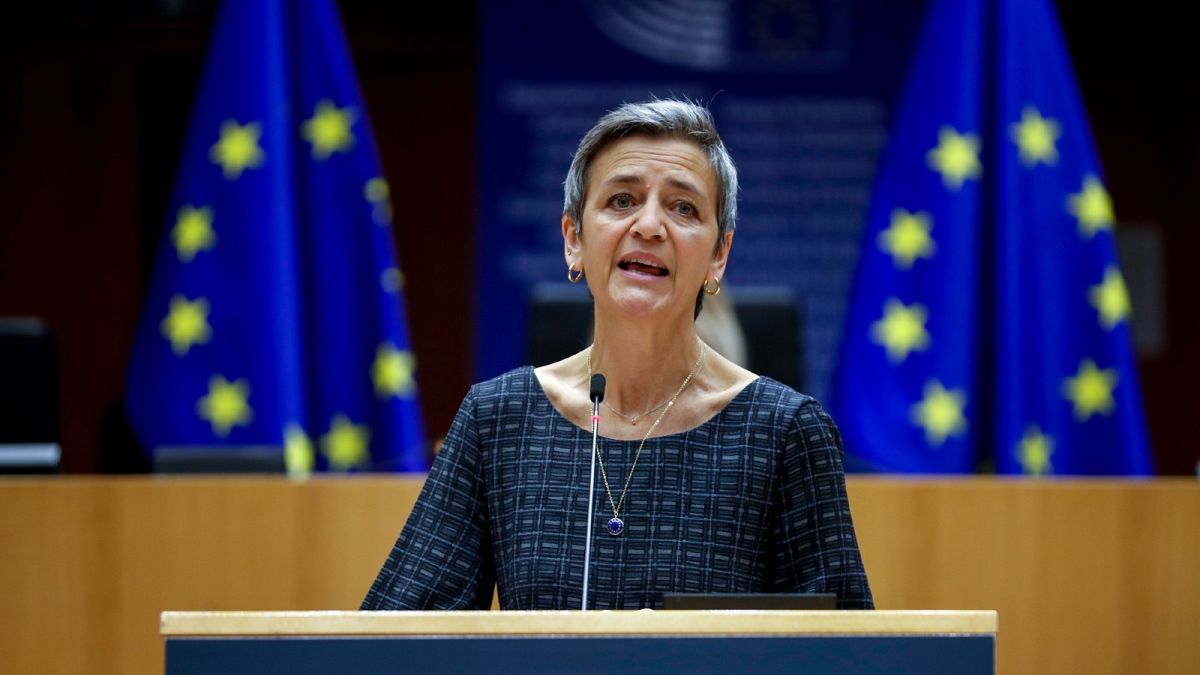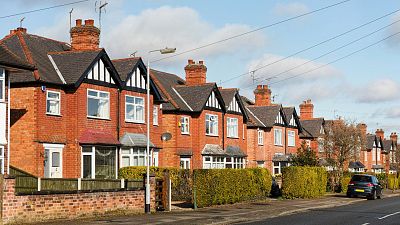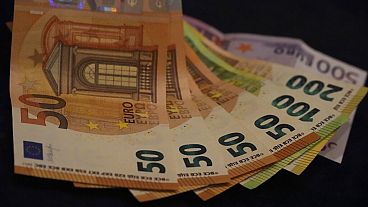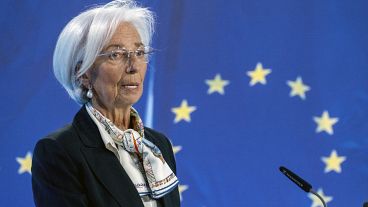Brussels first relaxed its strict state aid rules to mitigate the economic impact of COVID-19. Now it's doing it again because of Russia's invasion of Ukraine.
Brussels announced on Wednesday a temporary relaxation of its rules limiting state aid for companies to support the economy in the wake of the war in Ukraine.
Competition Commissioner Margrethe Vestager said in a statement that the sanctions the bloc and its Western allies have imposed on Russia over its military invasion of Ukraine have "severely affected the Russian economy" but that they "also take a toll on the European economy and will continue to do so in the coming months".
"We need to mitigate the economic impact of this war and to support severely impacted companies and sectors. And we need to act in a coordinated manner," she added.
The European Commission severely restricts state aid, arguing it gives beneficiaries an advantage and thus distorts competition.
But it introduced greater flexibility in March 2020 to support the COVID-stricken economy.
The new framework introduced on Wednesday will enable member states to grant "limited amounts of aid" to companies affected by the current crisis or by sanctions and countersanctions and compensate them for additional costs incurred due to "exceptionally high gas and electricity prices". Member states will also be able to subsidise loans to companies impacted.
Aid is limited to €35,000 for companies affected by the crisis in the agriculture, fisheries and aquaculture sectors and up to €400,000 for companies affected by the crisis in other sectors.
Businesses described as "intensive energy users" will be able to get compensated for the sharp increase in gas and electricity prices although aid is capped at 30% of eligible cost, up to a maximum of €2 million. If it suffers additional losses that may endanger its survival, aid can be increased to up to 25 million or 50 million of they operate in specific sectors including the production of aluminium and other metals, glass fibres, pulp, fertiliser or hydrogen and many basic chemicals.
The EU has so far imposed four rounds of sanctions against Russia which have targeted the Central Bank and other banks, the steel sector and hundreds of individuals and entities including Russian President Vladimir Putin and oligarchs.
Energy and food prices had already drastically risen before Russia launched its military assault on 24 February.
According to Eurostat, energy inflation was in January 27% higher than a year ago.
Meanwhile, global food prices had also reached a record high, climbing 24% on the year in February, and they are expected to increase even further due to the war. Ukraine and Russia are large producers and exporters of cereals including wheat which has raised concerns of famine in some of the poorest parts of the world.



